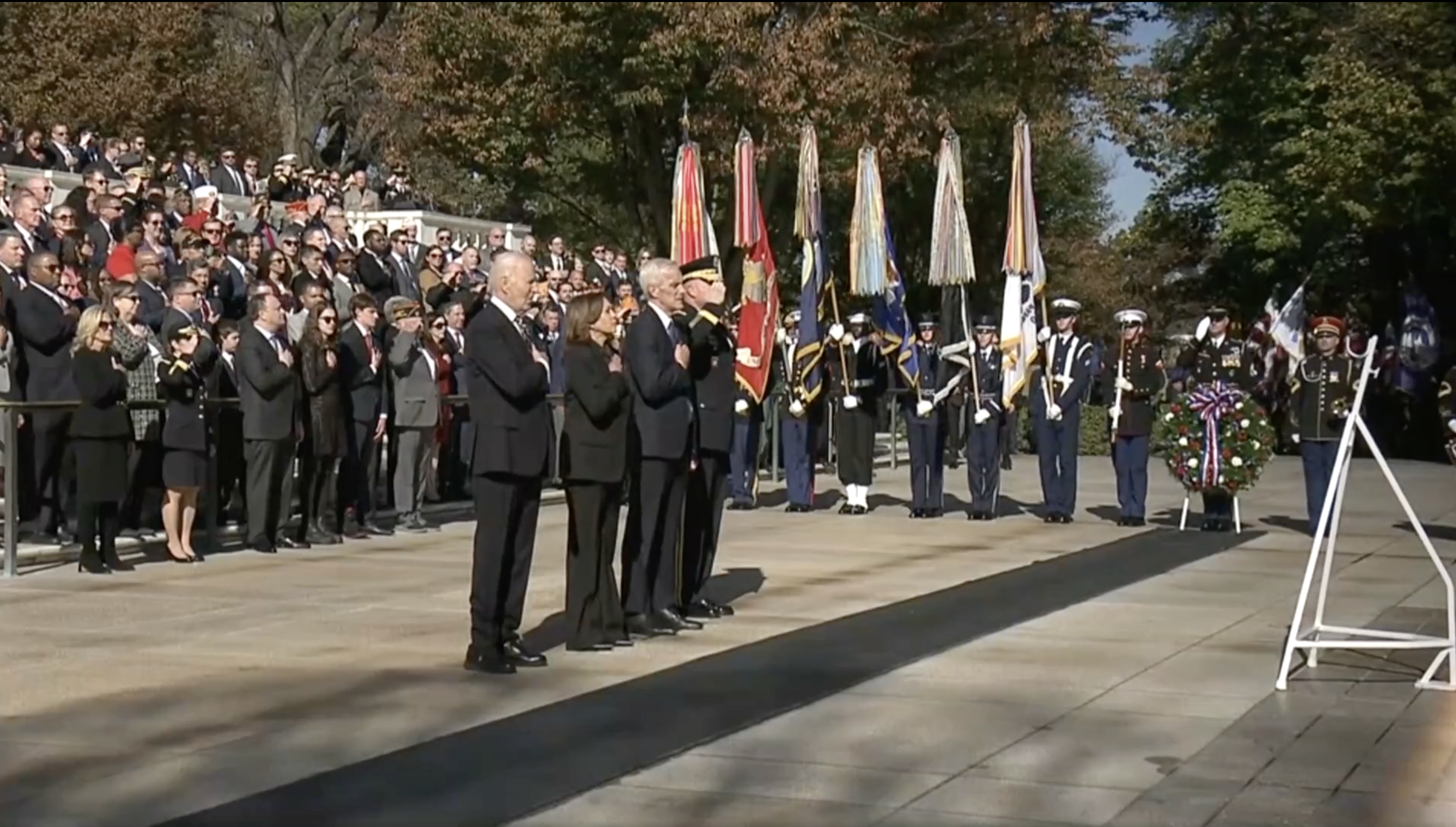The primary elections are over, but some highly sought spots still remain open due to the primary races resulting in runoffs. One of those races is for the Alabama Court of Criminal Appeals Place 2.
Three candidates stepped up to the plate seeking election in the June 5 primary. Both Rich Anderson and Chris McCool garnered enough support to tip the race into a a runoff election set for July 17.
With that in mind, here are the five things you need to know about Rich Anderson:
1. He began his career in Alabama’s Supreme Court.
After attending Washington & Lee School of Law in Virginia, Rich began his legal career as a clerk for Justice Gorman Houston on Alabama’s Supreme Court. He’s been an attorney for over seventeen years,
2. He’s worked in the Alabama Attorney General’s office.
Anderson has been an appellate prosecutor in the Capital Litigation Division of the Alabama Attorney General’s office for over a decade. During his career with the Attorney General’s office, Rich has represented the State in dozens of death penalty cases. Death penalty litigation involves the most complex and serious issues that come before the Court of Criminal Appeals. Every day, Rich proudly fights to get justice for crime victims at every level of the appellate system.
3. Being a judge is a family tradition.
Anderson is son of former Circuit Judge Mark Anderson and Jean Anderson, herself the daughter of long-time Sumter County Judge of Probate Wilbur Dearman.
4. He’s a member of a non-profit board.
5. He’s a card-carrying member of the Federalist Society and the NRA.
“On the back of my Federalist Society membership card is a quote from The Federalist paper No. 78 that pretty much sums up my judicial philosophy: ‘The courts must declare the sense of the law, and if they should be disposed to exercise WILL instead of JUDGEMENT, the consequence would be the substitution of their pleasure for that of the legislative body.’ As a prosecutor, I have always sought to be an advocate for justice without exceeding the bounds of the law. As a Judge, I promise that I will decide every case on its merits and on what the law requires.”
Related
Share via:














